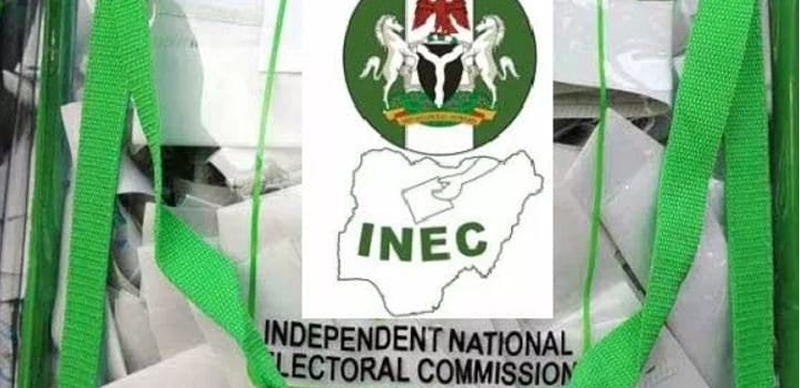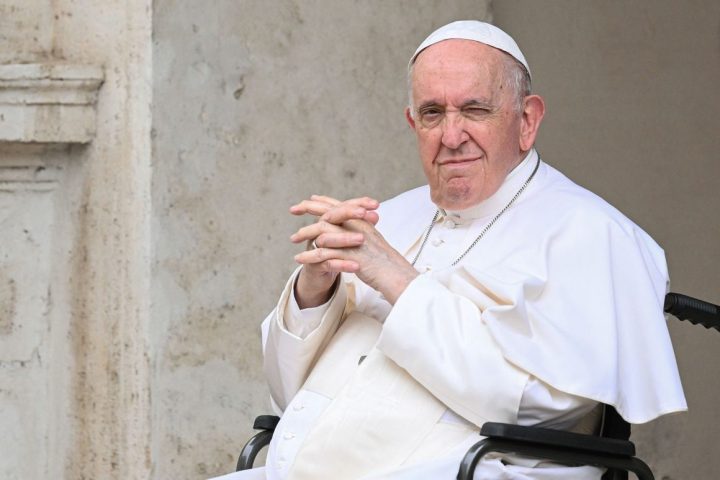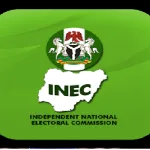Civil society groups in Nigeria have moved against four of the 14 new nominee Resident Electoral Commissioners (RECs), which President Muhammadu Buhari sent to the Nigerian Senate for screening and ratification.
The CSOs cited partisanship, political exposure and corruption as reasons for opposing Mr President’s choice of the four REC nominees for Sokoto, Enugu, Imo and Ebonyi states. Of the 19 Recs sent to the Senate for confirmation, 14 were new nominees.
Join our WhatsApp ChannelIn a statement made available to Prime Business Africa, nine organisations – Yiaga Africa, International Press Center, Center for Media and Society, The Albino Foundation, Elect Her, Nigerian Women Trust Fund, Partners for Electoral Reform, Inclusive Friends Association, and The Kukah Centre – urged Mr President to reconsider his choices in the mentioned states to ensure credibility of the 2023 elections.
READ ALSO:CSOS Propose Peace-building In Security To Improve Citizens Confidence
While the CSOs do not have any specific issue against the rest of the nominees, they are of the opinion that Prof. Muhammad Lawal Bashir from Sokoto, Mrs. Sylvia Uchenna Agu, from Enugu State, Mrs. Pauline Onyeka Ugochi from Imo State and Mrs. Queen Elizabeth Agwu from Ebonyi are not qualified for the job.
The civil society groups argued: “Prof. Muhammad Lawal Bashir from Sokoto was a Governorship aspirant under the All Progressive Congress (APC) in the 2015 elections cycle. Mrs. Sylvia Uchenna Agu, the nominee for Enugu state, is believed to be the younger sister of the APC Deputy National Chairman, Southeast. The nominee for Imo State for Imo State, Mrs. Pauline Onyeka Ugochi, a former Head of ICT at INEC in Imo state, gained notoriety for alleged corruption and connivance with politicians to undermine elections. Mrs. Queen Elizabeth Agwu, a former Accountant-General of the Ebonyi, was suspended allegedly on the grounds of incompetence and corruption in 2016,” the statement indicated.
“Our investigation and analysis prove the contrary. Some of the nominees of the President fail the constitutional test of non-partisanship and unquestionable integrity. Evidence abounds that some of the nominees are partisan, politically aligned, or previously indicted for corruption.’’
Buhari had sent a letter to the Senate requesting confirmation of the nominees and stating that it was in accordance with section 154 sub-section 1 of the Nigeria 1999 constitution (as amended).
But the CSOs in their signed statement argued that group appointment of INEC officers has grave implications for the credibility, independence and capacity of INEC to deliver credible and transparent elections.
According to the CSOs, the “Constitution prescribes the criteria and procedure for appointments into INEC to protect the Commission’s neutrality, objectivity and non-partisanship. Section 156(1) (a) of the 1999 Constitution of the Federal Republic of Nigeria clearly prohibits the appointment of any person who is a member of a political party as a member of INEC.
“To further ensure the neutrality of the members of INEC, the Constitution clearly mandates in the Third Schedule, Part 1, Item F, paragraph 14 (1) that Commissioners shall be non-partisan and persons of unquestionable integrity.”
The group also called for expeditious conclusion of the RECs’ appointments and urged President Buhari to also adhere to the Federal High Court ruling which demands that all appointments must comply with the 35 per cent affirmative action for women.
















![Breaking: Tinubu Returns To Abuja After Europe Trip [Photos]](https://www.primebusiness.africa/wp-content/uploads/2025/04/Tinubu-returns-to-Abuja-Pohotos-2-720x480.jpeg)

Follow Us